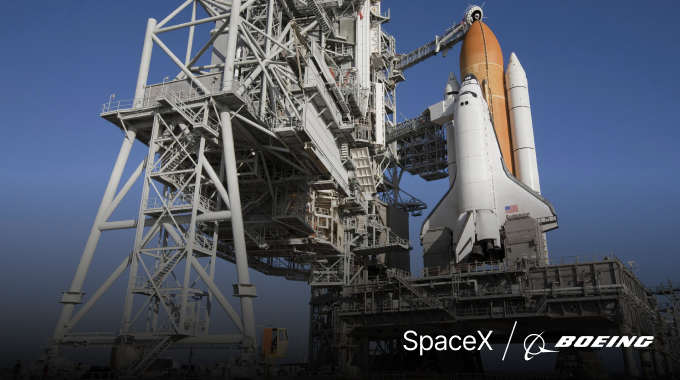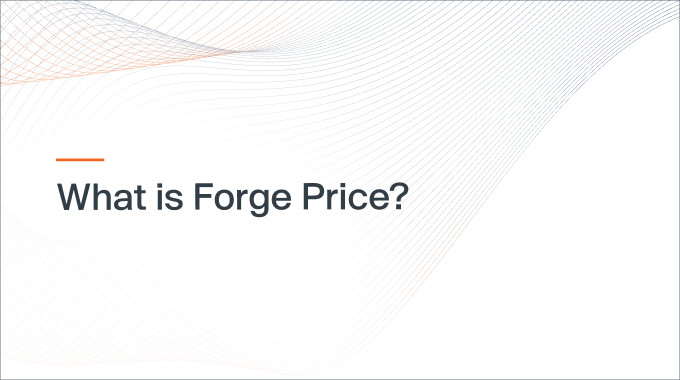Following a recent spate of IPOs, an almost two-year-old drought for U.S.-based public debuts appears to be over. And for several private companies eyeing IPOs of their own, the good news couldn’t have happened soon enough.
Last week, back-to-back public debuts of Klaviyo (ticker: KVYO), a marketing automation firm, and Instacart (CART), a popular grocery delivery service, have generally been viewed as a success. Shares of Klaviyo and Instacart closed on their first day of trading 8.6% and 12.3% higher than their IPO prices, respectively.
Those solid public debuts — which followed the IPO a week earlier of Arm Holdings, a U.K.-based semiconductor design firm that spun out from Japanese investment company Softbank — suggest that the market environment for new issues has improved sharply in recent weeks. Last year, a bear market led downward by rate-sensitive tech stocks kept many private companies on the sidelines as they waited for conditions to improve.
This recent burst of well-received IPOs could bode well for Turo, a peer-to-peer rental car company, and Neumora Therapeutics, a biotech that is developing drugs for brain diseases. Both companies have indicated in recent SEC filings that they plan to stage IPOs in the coming months.
Other private companies that are eyeing a public offering include Discord, a voice and video communications service for gamers and other social groups, Reddit, a wide-ranging social media platform, Databricks, a data analytics firm and Navan, an expense-management company formerly known as TripActions.
Last Wednesday, shares of Boston-based Klaviyo jumped on their first day of trading on the New York Stock Exchange from an IPO price of $30 a share to its close that day of $32.59. Based on the company’s total common-share count of 307.9 million shares, the company’s market value at the end of its first day of trading was more than $10 billion, exceeding the $9.5 billion value the company was given following a financing round in 2021 according to Forge Data.
Founded in 2012, the company helps its corporate clients store user data and build profiles to target them with marketing via email, text messages, and other communication channels. According to CNBC, Klaviyo got its start in the e-commerce industry by primarily serving online businesses, though Klaviyo said it’s seeing growing demand from companies in other industries such as restaurants, travel, and entertainment.
On Tuesday, a day earlier than Klaviyo’s IPO, Instacart began trading on the Nasdaq exchange for the first time after setting an IPO price of $30 per share, the same price as Klaviyo. The stock closed that day at $33.70. (Yahoo!Finance)
The 11-year-old San Francisco-based company delivers groceries from chains including Kroger, Costco, and Wegmans to customers’ doorsteps. Instacart Chief Executive Fidji Simo said in an interview with The Wall Street Journal that the company’s main goal with the public offering is to provide liquidity to its employees. “Instacart already has been operating like a public company, she said, and following the IPO, it will continue to look for acquisition targets and other ways to build its retail support technology,” the article stated.






